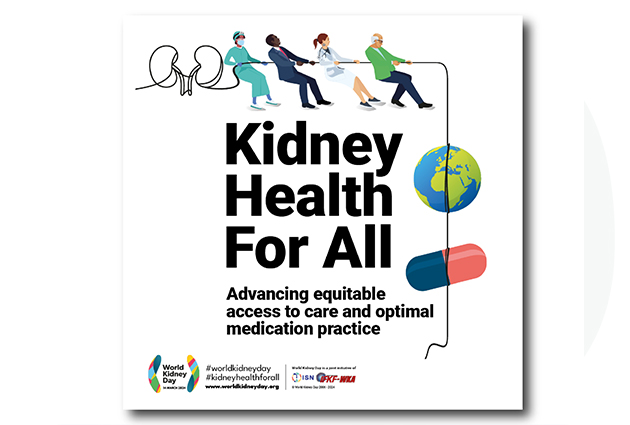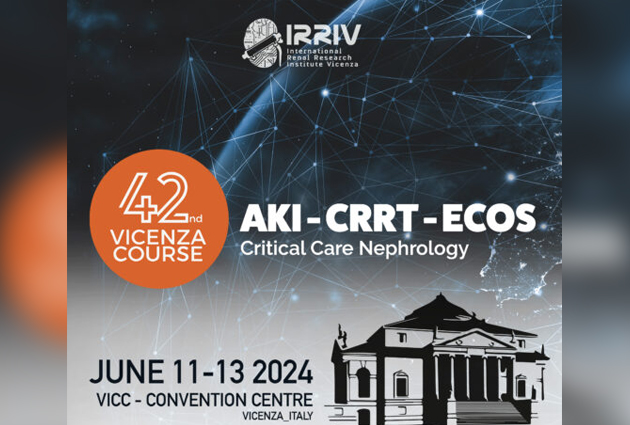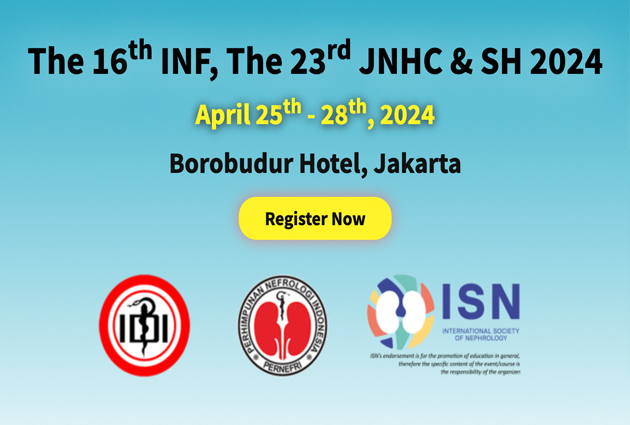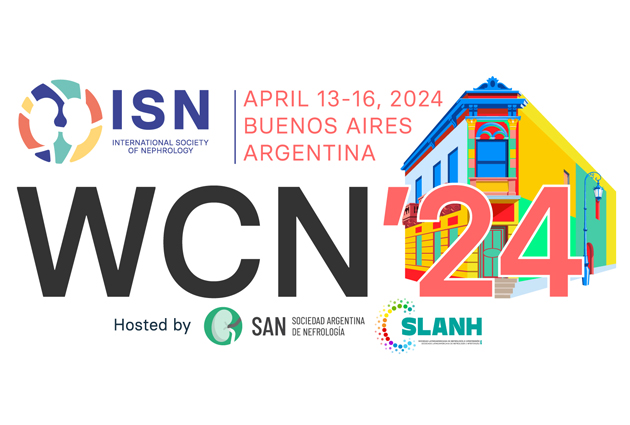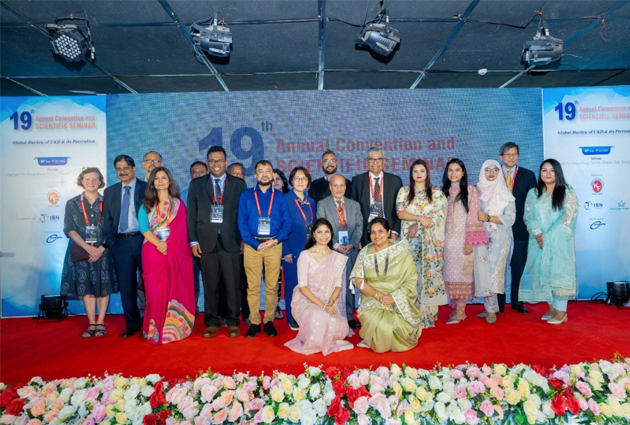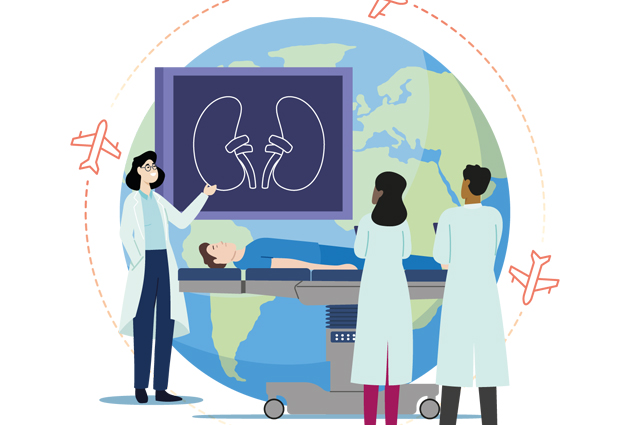Fourth writing academy spells out the importance of exchanging knowledge
With support from Fondazione della Comunità Bergamasca, Fluorseals SPA, and the ISN, the Mario Negri Institute ran the Scientific Writing Academy (SWA) welcoming students from all corners of the world to share tips and experience on submitting project proposals.
This edition was led by Martin de Borst, Associate Professor of Medicine at the University of Groningen in the Netherlands. As a dedicated tutor, he brought his solid writing experience to the table and shared some valuable advice on submitting grant proposals.
The aim of each workshop is to help physicians and researchers from a range of backgrounds and specializations fine-tune their writing skills. Achieving and maintaining high standards in science writing is crucial to advancing research as much as sharing, testing and comparing new ideas and discoveries.
“The SWA gave me the chance to strengthen my writing skills, and since I am applying for PhD programs this course perfectly met my needs: it gave me a good foundation for writing in science,” says Davide G. Franchina, Oxford.
Small and interactive, the group gathered several nationalities and scientific backgrounds (including basic scientists, clinicians, epidemiologists) with nephrology as a meeting point.
The course was conducted using a step-by-step approach to guide participants through the process of manuscript writing. According to one participant, the most relevant feature was the diversity in the background of the participants. Everybody had a slightly different perspective, leading to interesting and relevant discussions.
“I feel more confident at this time, to write and submit my study to the international journal, and to share what I learned from this course to my staff and the editor of my University magazine,” explains Huong Tran from the University of Medicine and Pharmacy, Ho Chi Minh City, Vietnam.
At the end of this one-week course, participants left better equipped to plan and outline papers in an organized, systematic way, and to incorporate their colleagues’ suggestions and observations. To come full circle, they will now pass this on to their colleagues around the world, in the hope that they, in turn, will communicate their findings even more effectively, continuing to move science forward, one paper at a time.




